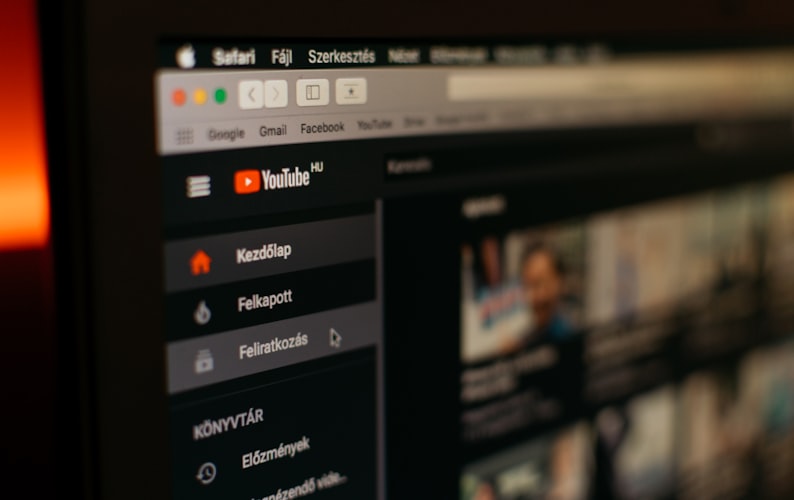
YouTube once again finds itself in another bind as the Federal Trade Commission officially announced that the video platform will be fined a grand total of $170 million dollars for not complying with the Children’s Online Protection Privacy Act.
Penalizing YouTube
Penalizing YouTube, however, isn’t just about the money. To complement the hefty fine, the FTC is demanding a change in the platform’s practices, and change there will be. In a matter of months, YouTube will release a series of tools that will allow content creators to tag their videos as content aimed for children. In doing so, these videos will no longer be able to be targeted by personalized ads, thus avoiding the collection of data for this young segment. Other features that will be deactivated through this tag will include comments and notifications.
This fine comes as a result of a series of scandals that have plagued the video platform’s reputation. So far, YouTube has faced numerous accusations of collecting young users’ data, as well as showing harmful or inappropriate content that can potentially put kids lives’ at risk. Not long ago, a challenge called the Momo Challenge would appear under the disguise of regular kid’s content and attempted to threaten or scare children into performing dangerous acts like harming themselves. This created great concern within the YouTube community.
It’s instances like these that make it clear that the industry needs to be more careful and work harder to improve its current strategies for content distribution and monetization if they want to keep catering to younger audiences. This fine makes it clear that YouTube and other platforms can no longer ignore and hide from this issue. Taking responsibility, however, won’t just fall on YouTube and will require content creators and advertisers to equally do their part by using these newly acquired tools in order to comply with the COPPA.

Beyond activating the children’s content tag, content creators will be held responsible for the data that is being collected from its users and how it’s being utilized. If you’re a channel owner that offers premium content to children, you will simply have to monitor the data your channel collects as a whole. If your YouTube channel is an influencer channel, you’ll have to monitor the data your channel collects per video since not all videos may be directed towards children or have a young audience. YouTube is aware that these changes will require content creators to sacrifice a part of their income usually gained through targeted ads. Because of this, YouTube has created a $100 million dollar fund to invest in children’s content and diminish the monetary impact these changes may have on content creators. YouTube is also willing to individually work with content creators to help advise them on how to comply with COPPA.
For advertisers, this brings a shift in advertising practices. Instead of relying on harvested data, advertisers will have to use contextual segmentation to reach their young audiences. Similarly, when working with influencers, they’ll have to make sure that the content created on their behalf complies with COPPA guidelines. Only time will tell if this will be enough to get platforms to comply with data protection requirements. What is clear though is that this is ultimately a step forward in the government’s fight to protect the internet’s youngest and most vulnerable users: the children.
Source: www.kidscorp.digital

